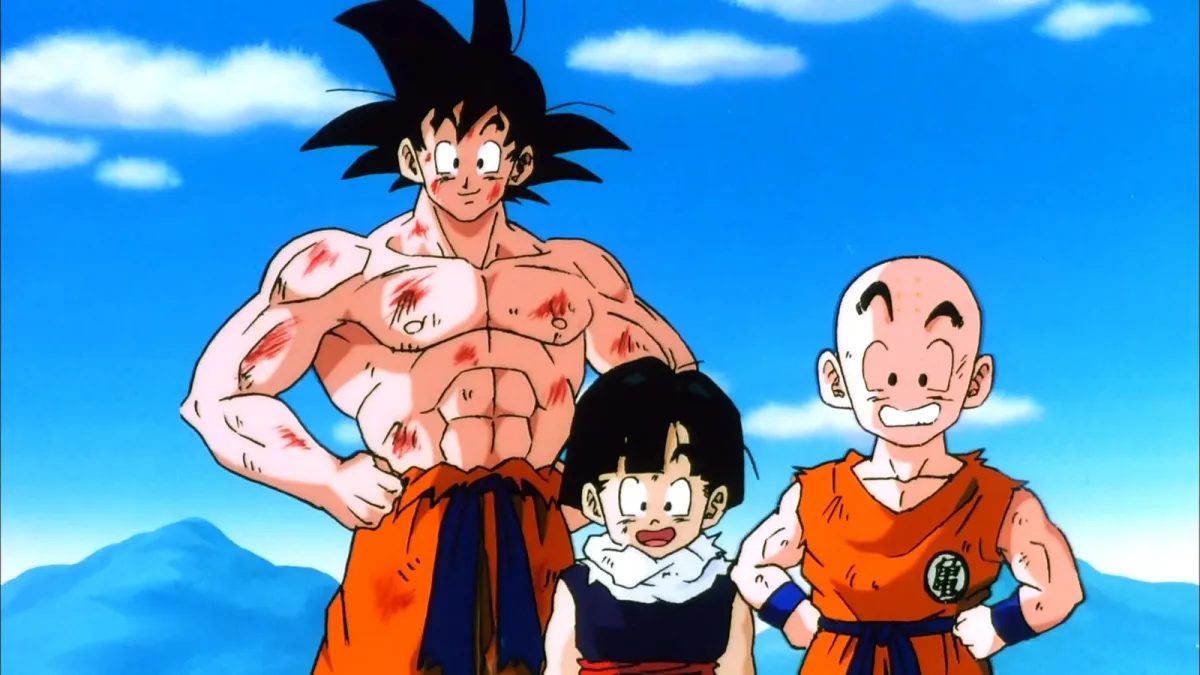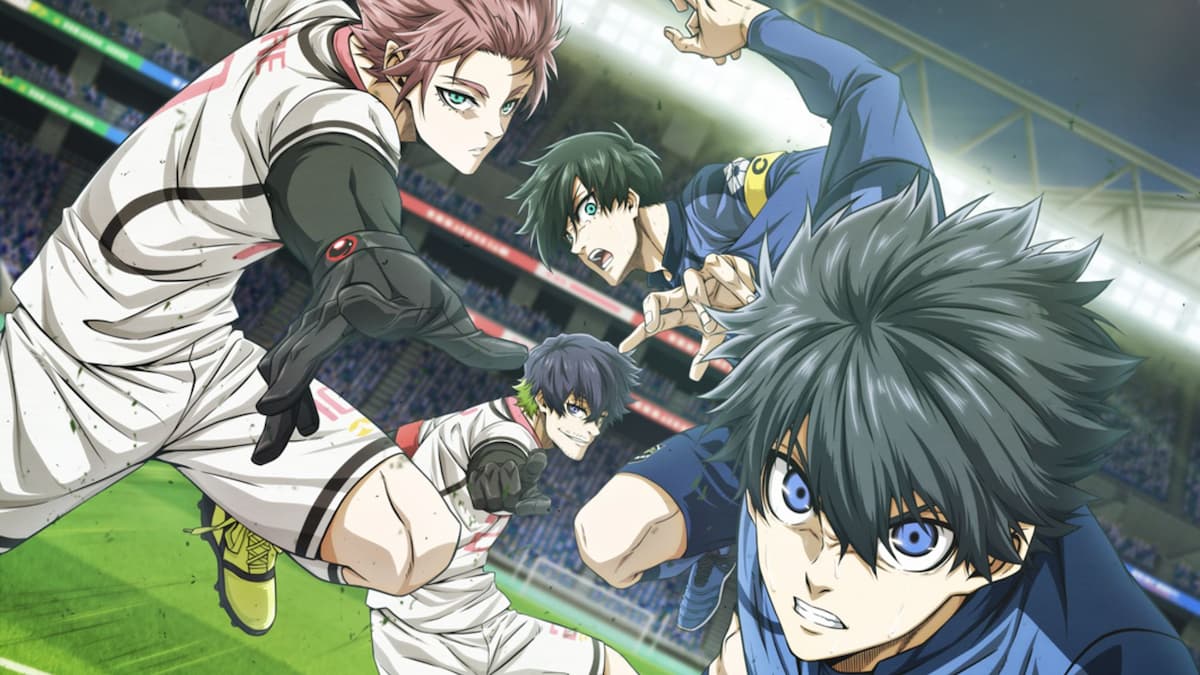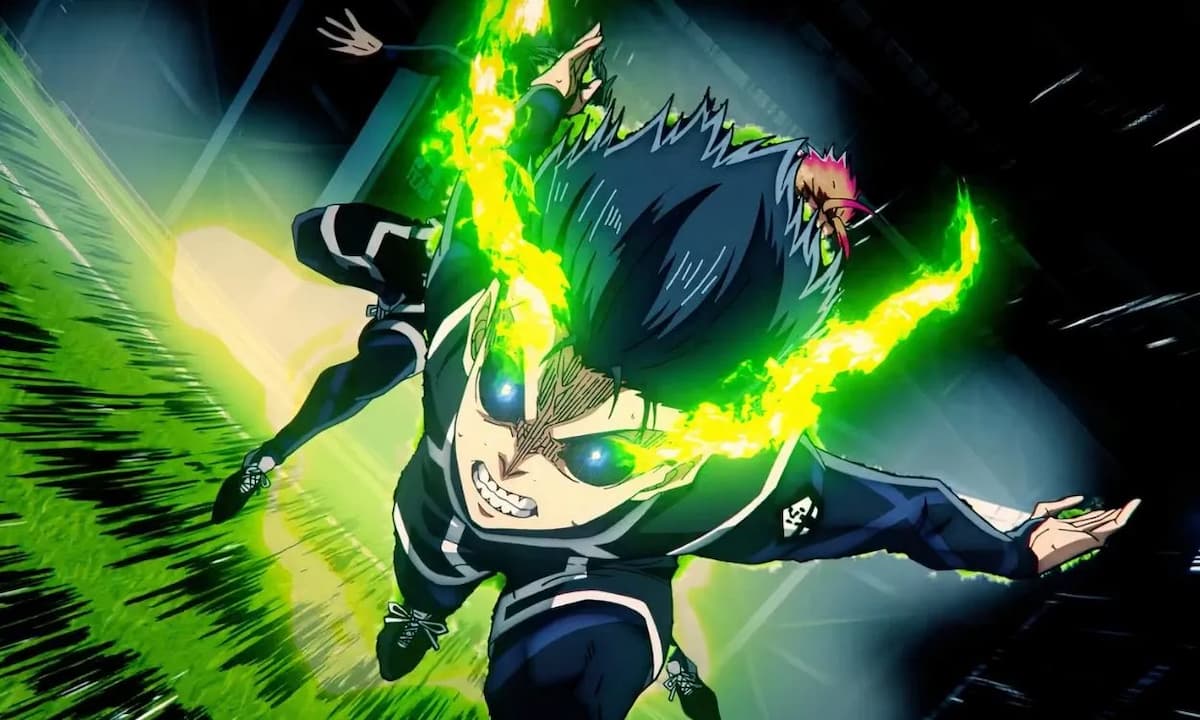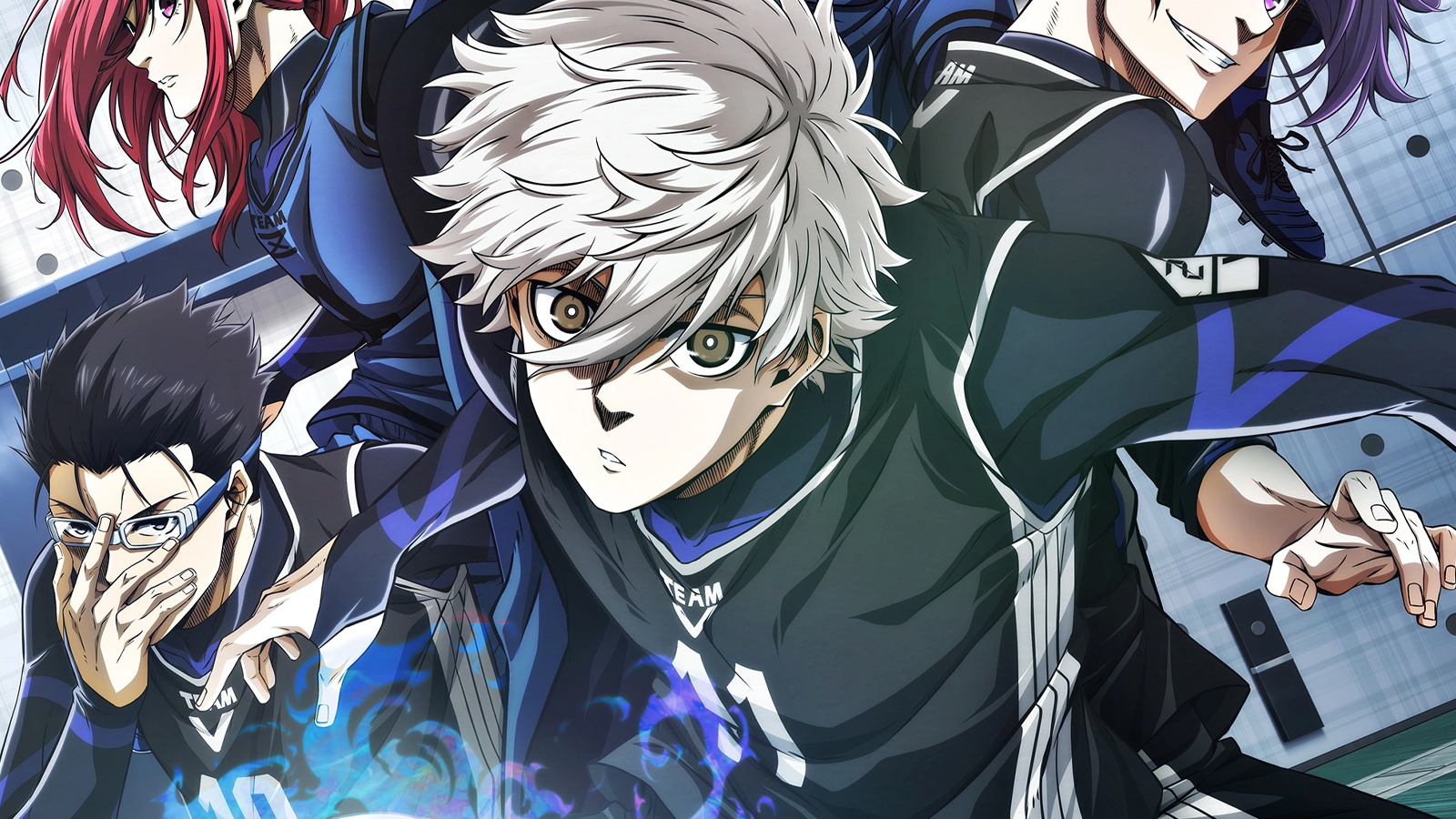I don’t normally have much of a reaction when a celebrity passes.
As I’ve gotten older, I’ve accepted that a lot of folks whose work I really love are, inevitably, going to be gone, and I pay tribute to them in my own way. When David Bowie died, I listened to “The Rise and Fall of Ziggy Stardust and the Spiders From Mars.” When Robin Williams died, I watched Aladdin. Doing so felt right, and a way to acknowledge the profound effect their work had had on my life. It’s been different with the death of Akira Toriyama, though, because his effect on my life feels, in retrospect, so massive.
The first time I can consciously remember engaging with Toriyama’s work was when I was 12. A few years before, my mom had moved away from our hometown to go to college, leaving me behind with my dad and my brother. With me set to enter junior high, we figured it was finally time for the rest of the family to make the move and follow her to the big city, which was several hours away by car.
Before that happened, though, my parents left me at my grandparents place for a few weeks to spend some time with them. My grandparents were the kind of people who understood that they didn’t really have any good way to connect with a 12 year old, and they were relatively scared of boring me to death. So to give me something to do, they called up their cable company — a thing you used to do back in the day — and got them to add the premium cartoon channel to their package.
That was the summer that I realized my grandparents probably didn’t entirely understand the effects of caffeine and sugar. Early in the trip, they handed me a bag of chocolate covered coffee beans and gave me access to cases of Pepsi. Neither ever seemed to run out. As a result, I developed insomnia, and during the long nights, I watched a ton of cartoons. That’s how I saw Dragon Ball Z for the first time.
I’d never seen anything like Dragon Ball Z before. I had a vague, hazy experience with Japanese media prior to that thanks to Pokémon, but otherwise the whole thing was new to me. I came into the show around the beginning of the “Cell Saga,” and I’d watch three or four episodes every night. Part of the genius of Toriyama’s storytelling was that, even if the lore could at times be a bit confusing, it wasn’t very hard to get into Dragon Ball Z. The show was wildly accessible.
Outside of the really cool action scenes and the generally interesting ideas is the plot and characters. Jumping to a slightly higher level understanding of the story, so much of Dragon Ball Z deals with what it means to be outmatched and to still keep going. It’s something of a trope in shonen anime at this point for the hero to respond to hardship by just persevering and getting stronger, but at the time, I’d never really experienced that in media. Dragon Ball Z treats tenacity and bravery as the most important virtues. At the same time, it also understands the importance of embracing your own power and doing the best you can to make the world a better place.
Related: How Dragon Ball Z and Kai Are Different
The “Cell Saga” is so much about that. With Goku becoming an adult in Dragon Ball Z, Gohan is meant to be the character you connect with as a child, and it’s in large part the story of how he learns to embrace his own power and stop being so afraid. It’s how he starts to develop the same tenacity that helped Goku defeat, well, pretty much every enemy with whom he’d ever come into contact, but especially Frieza.
What essentially happens is this: Cell, who is a creation of Dr. Gero, absorbs Androids 17 and 18 to become Perfect Cell, a massive jerk that pretty much just wants to kill. Cell decides to host a tournament to test his powers against Earth’s mightiest heroes. In the ensuing battle, a lot of key characters die or nearly die, including Goku. However, the most important death is arguably that of Android 16, another creation of Dr. Gero.
Based on the mad scientist’s deceased son, Android 16 is something of an anomaly. While the other Androids are generally — at least until their redemption — depicted as villainous, he’s generally pretty kind and gentle. He cares a ton about life and protecting it. This causes him to become close with Gohan. However, Cell — doing what he does best — kills Android 16. This causes Gohan to snap and finally embrace his powers. In that moment, he becomes tenacious and brave.
A huge part of that is the speech Android 16 gives Gohan before he dies. He tells him “it is not a sin to fight for the right cause,” and makes clear that when it comes to people like Cell, sometimes you have to do what needs to be done. Gohan is afraid of his own power, but that power is simultaneously the only thing that can help him protect the Earth and those he cares about. To defeat Cell, Gohan has to first defeat the part of himself that’s so afraid. He does, and Gohan proceeds to absolutely wreck Cell.
As a kid, this spoke to me in a major way, because at the time I was moving, everything in my life felt so much like it was in flux. I couldn’t make myself fall asleep because I was too blitzed out on caffeine and sugar. I’d been getting bullied at school for years, and now I was going to a place where I didn’t even have the few friends I had. I felt powerless. However, seeing Gohan embrace his inner power for the right reasons helped me understand how I should approach the world.
When you’re on the cusp of adulthood, there’s something really powerful in that message. Dragon Ball Z, for all its other faults, exemplifies a lot of traits of a more positive masculinity that, especially at the time, weren’t really that prominent in Western media. It’s deeply concerned with what it means to help others and what it means to keep fighting. You won’t always win — but you’ve got to try. In the face of everything that sucks in the world, tenacity and bravery are what matters. That’s a lesson I’ve carried through my life.
Although I’ve focused on Dragon Ball Z above, it’s not the only part of Toriyama’s work that affected my life in a profound way. When I got a bit older, I learned that he’d been the artist behind one of my favorite games, Chrono Trigger, and one of my favorite series: Dragon Quest. They’re a massive part of why I love video games and am literally writing at this moment an article for a pop culture website. There’s a straight line between those three properties and my current career.
I do want to focus on Dragon Quest specifically for a moment, though. I played a ton of Dragon Quest growing up, and I still really value my time with those games. When she wasn’t at work, my mom would often sit down with me and play Dragon Quest. While she was away, I’d call her, asking for her help to figure out where I was supposed to go to progress. I specifically remember her looking up guides for Dragon Quest 7 for me, because I had absolutely no idea where to go at one point and had been wandering the world for days on end. Dragon Quest represented a point where my mom and I could connect, and Toriyama’s art was the visual backdrop to our relationship.
I fell in love with so much of Toriyama’s work without even realizing it. Dragon Ball Z, Dragon Quest, and Chrono Trigger opened up the world of Japanese media to me. That love of Japanese media eventually led to me teaching English in Japan, where I met my now wife. Toriyama’s work was both my entry point and my strongest connection with that culture’s art. I don’t know if I would have been interested enough in Japan to have actually moved there if it hadn’t have been for him.
Toriyama and his work remain proof that art change your life in ways that you’d never expect and teach you important lessons about how to live in a world that is so often difficult to live in. And for that, I want to say thank you.






Published: Mar 8, 2024 12:36 pm